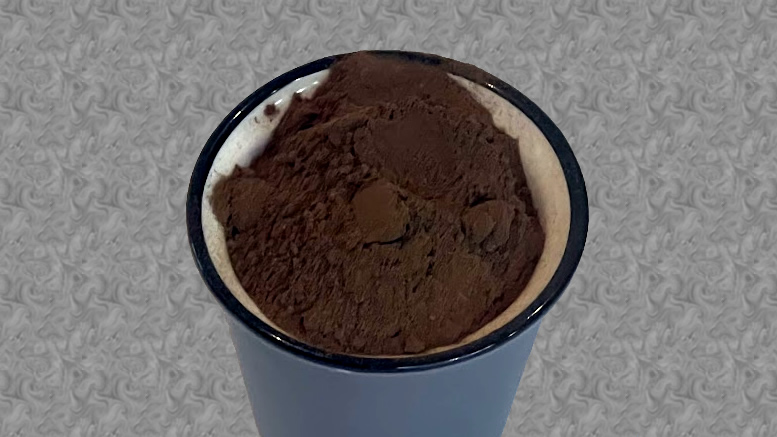Clove is the dried flower bud of an evergreen tree (Syzygium aromaticum) in the myrtle family, native to the Maluku Islands—also known as the Spice Islands—of eastern Indonesia. These highly aromatic buds are harvested just before blooming and dried until they take on their familiar dark brown colour and strong, sweet-spicy aroma. While cloves originated in this tropical archipelago, they are now cultivated in many parts of the world, including India, Sri Lanka, Madagascar, and Zanzibar.
Cloves are known for their intensely warm, pungent flavour and complex aroma, often described as sweet, slightly bitter, and peppery with a subtle hint of camphor. Just a small amount can deeply influence a dish, which is why cloves are typically used sparingly in both sweet and savoury recipes. The spice’s warming nature makes it especially popular in colder months, in spice mixes, or as a balancing agent in rich or fatty dishes.
Clove in Asian Cuisine
Clove is a cornerstone of many Asian spice traditions and appears in a variety of iconic dishes across the continent:
India
Cloves are a key component of spice blends like garam masala and are often added to biryani, korma, and masala chai. Their intense flavour balances the richness of meat-based curries and lends warmth to lentil dishes and festive rice preparations.
Indonesia
Indonesia, as the birthplace of cloves, continues to feature them in traditional dishes like rendang (a slow-cooked beef dish with coconut milk and spices) and various bumbu (spice pastes). Cloves are also used in kretek (clove cigarettes), a uniquely Indonesian product.
China
In Chinese cuisine, cloves are included in Five-Spice Powder, along with star anise, cinnamon, Sichuan pepper, and fennel seeds. This blend is used in roasted meats, braised dishes, and even some desserts, imparting a rich, aromatic flavour.
Other Regional Uses
In Sri Lankan, Pakistani, and Malaysian cuisines, cloves frequently appear in rice dishes, spiced stews, and marinades. Their powerful scent and flavour make them ideal for infusing dishes with warmth and depth.
Beyond the Kitchen
Clove is also celebrated beyond cooking. The essential oil extracted from cloves contains eugenol, a compound valued for its antiseptic and analgesic properties. Clove oil is commonly used in herbal medicine, oral care products, and natural remedies for toothaches. In perfumery, the rich scent of clove adds depth to oriental and spicy fragrance profiles.
Storing and Using Cloves in the Kitchen
In the kitchen, cloves are available whole or ground, with whole cloves offering better shelf life and flavour retention. Whole cloves can be inserted into ingredients like onions or citrus for infusing soups, stews, or broths, and can easily be removed before serving. Ground cloves provide convenience but lose their potency more quickly and should be used within six months. Whole cloves, on the other hand, can maintain their strength for up to a year if stored correctly. Keep them in an airtight container, away from light and heat, to preserve their essential oils and signature aroma. If buying whole, look for firm, glossy cloves with a slightly oily surface—these indicate high quality and freshness. For occasional use in spice blends or desserts, ground cloves are handy, but for depth and longevity, whole cloves are the go-to option for many seasoned cooks.

